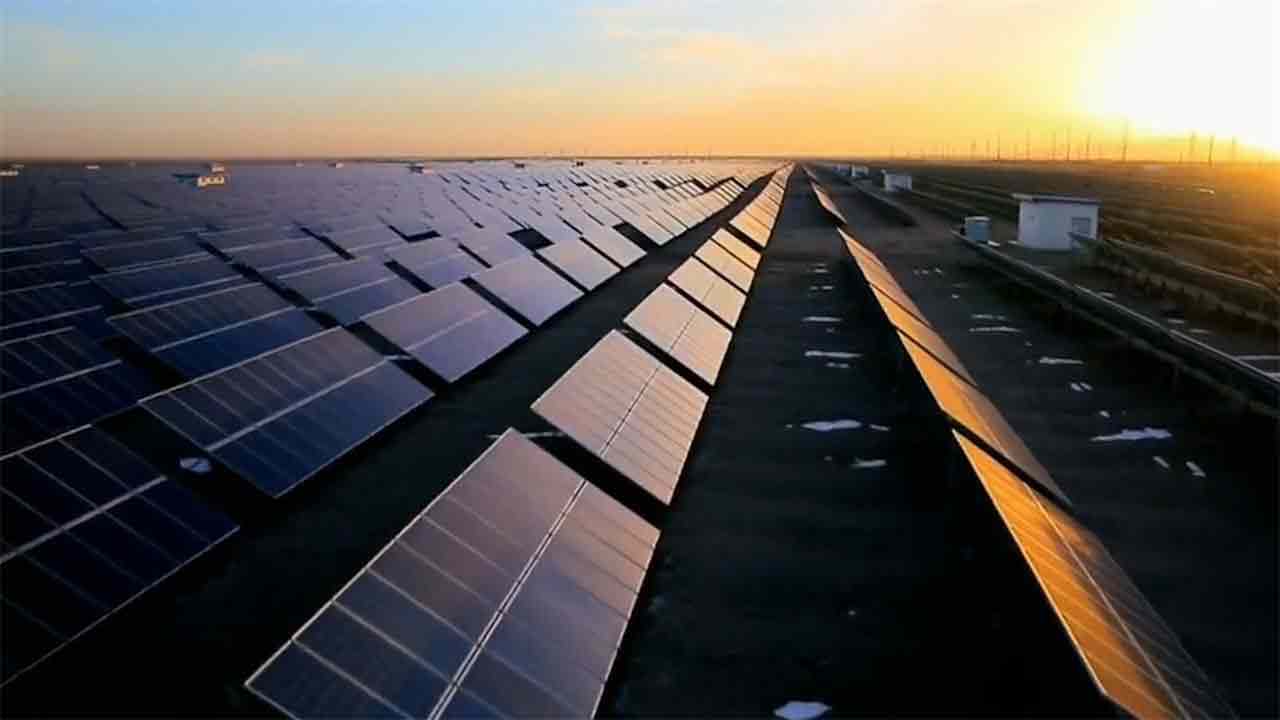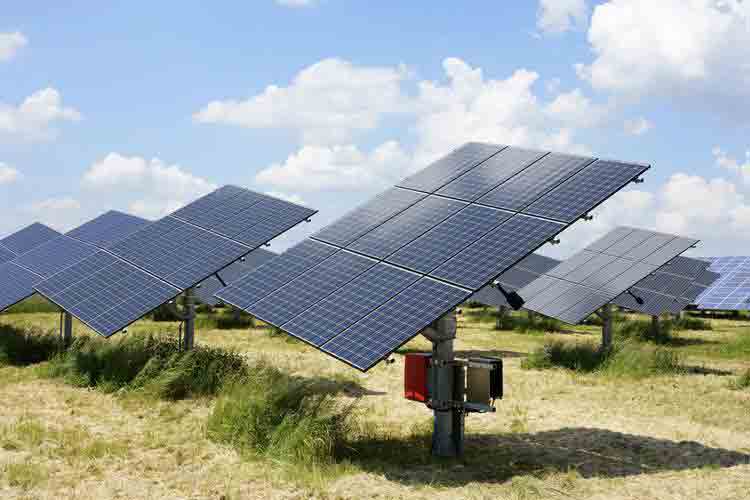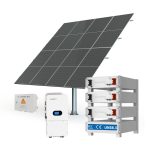
How to Choose the Right Solar Panel Power, Quantity, and Battery Capacity for Your Solar Energy System
When planning to install a solar energy system,one of the most critical decisions involves selecting the appropriate solar panel power,quantity,and battery capacity.These choices directly impact the system’s efficiency,cost,and overall performance.Here’s a comprehensive guide to help you make informed decisions.
Firstly,determining the right solar panel power is essential for meeting your energy needs.Solar panels come in various wattage ratings,typically ranging from 250W to over 400W.The power output you choose should be based on your average daily energy consumption.To calculate this,review your electricity bills to find your average daily usage in kilowatt-hours(kWh).Once you have this figure,you can estimate the total wattage of solar panels required to meet your needs.For instance,if your daily consumption is 30 kWh and you expect your panels to operate for an average of 5 hours per day,you would need a total of 6,000 watts(30 kWh/5 hours)of solar panel capacity.
Next,the quantity of solar panels needed depends on both the power output of each panel and the total wattage required.If you choose panels with a higher wattage,you will need fewer panels to reach the desired total capacity.Conversely,lower wattage panels will require a larger number of units.Consider the available installation space on your property,as this can also influence the number of panels you can accommodate.Ensure that the chosen location receives ample sunlight throughout the day to maximize energy production.
Battery capacity is another crucial aspect of your solar energy system,especially if you aim to store excess energy for use during periods of low sunlight or power outages.Batteries are rated in kilowatt-hours(kWh)and should be selected based on your energy storage needs.To determine the required battery capacity,consider your peak energy usage during periods when solar power is not available.For example,if your peak usage during the night is 10 kWh and you want to have enough stored energy for two nights in case of bad weather,you would need a battery with a capacity of at least 20 kWh.
It’s also important to consider the depth of discharge(DoD)of the battery,which indicates how much of the battery’s capacity can be used before recharging.A higher DoD means you can use more of the battery’s stored energy without damaging it.Lithium-ion batteries generally have a higher DoD compared to lead-acid batteries,making them a more efficient choice for long-term energy storage.
In summary,selecting the right solar panel power,quantity,and battery capacity involves a careful assessment of your energy consumption,available installation space,and storage needs.By understanding these factors and making informed choices,you can create a solar energy system that efficiently meets your energy requirements while providing long-term reliability and cost savings.







